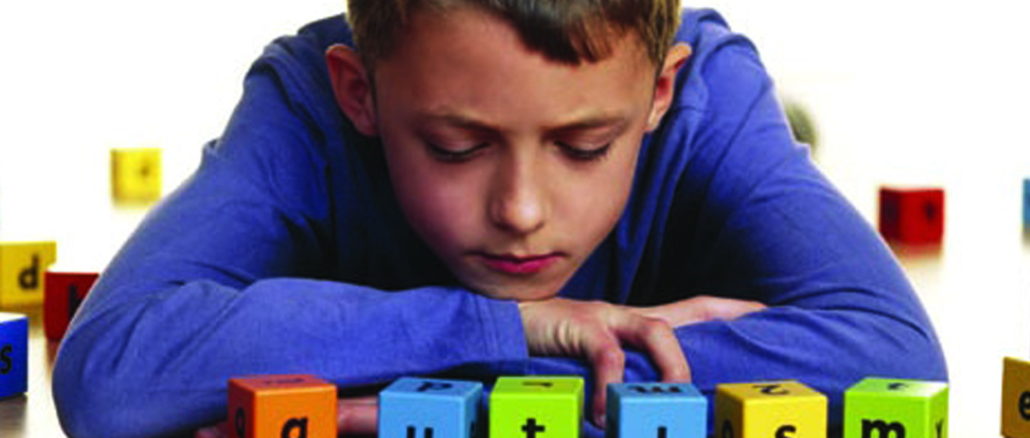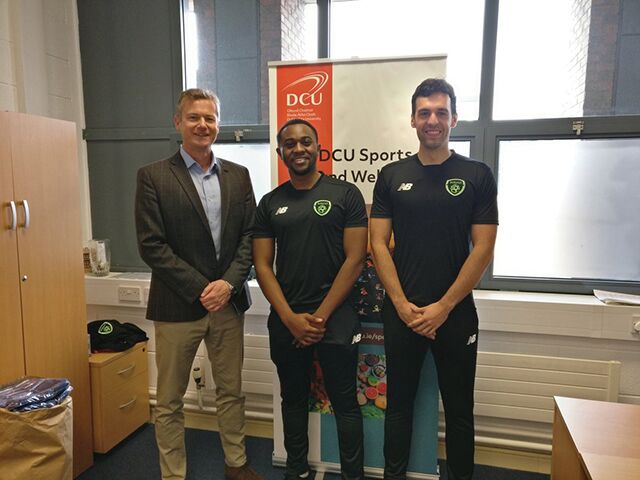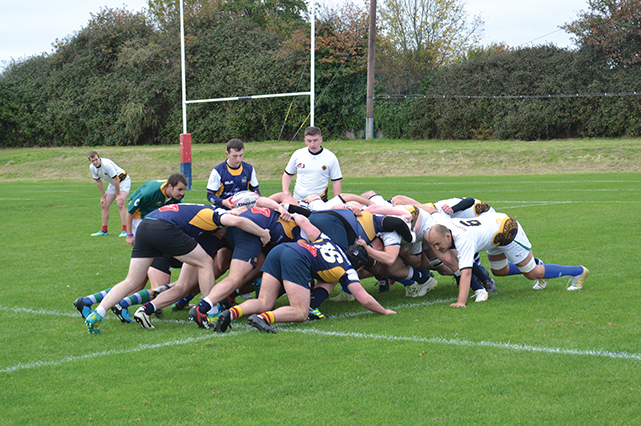
[dropcap]Over[/dropcap] 300 blue cases damaged with pressure marks, minor tears and creases from laying mainly dormant for years are stacked on the wall.
A teddy bear, a dumper truck, miniature aeroplanes and Lego sets sit next to thick compendiums and mental health diagnostic manuals.
This is the office of the Autism Research Group, a team dedicated to analysing data provided by surveys, inter-disciplinary reports and clinical diagnostic tests with autistic children.
The team’s report for the Minister for Children, Katherine Zappone, says that Autism Spectrum Disorder (ASD) conservatively affects 1 percent of the population. Males are affected 4 times more than females and the condition is ‘more prevalent than paediatric AIDS, cancer, and diabetes collectively.’
Approximately 50 to 70 percent of people with ASD have an intellectual disability and over 60 percent will present another mental condition such as attention or anxiety issues. Aggression and self-harm are common behavioural problems.
Inside each case is a DVD recording of an examiner performing a diagnosis along with a file filled out by the child’s parent. On screen, a boy labelled as ‘R’, has a rigid demeanour and appears engrossed in a puzzle, and the examiner invites ‘R’ to demonstrate using gestures how to brush one’s teeth.
“A lot of the children find that incredibly difficult to do…” says research assistant Sarah-Marie Feighan. Many barely lift their hand towards their mouth, never mind using words to describe the act.
Imagination can be completely absent for some, and ‘pretend’ is not in their proverbial dictionary.
While ruffling his hair and with eyes pointed towards the ground, ‘R’ makes a request: “Can I have some more pieces please?” – This is significant, it means he has vital inter-personal social skills and an understanding of personal space.
“So that was high-functioning ASD, let me show you the other end of the scale.”
‘M’ ignores the examiner and races from top to bottom of the room, screaming and flapping his hands vigorously, completely in his own world. He is nine years old and cannot speak.
The early years of a child’s life when their brains are still developing are critical to the development of future skills and knowledge.
Ireland’s significant gap in service provisions means that parents spend years on waiting lists for health and education services, even for a diagnosis.
After struggling alone, it’s often too late and the opportunity for early intervention is missed. “Nobody listened to me for a long time”, said M’s parents poignantly in the case file.
Nervous breakdowns, careers lost and borrowing to pay for private speech and language therapy out of desperation are common hardships for parents. “It’s just heart-breaking”, Feighan said.
The hope is that the power of this research will be enough to lobby for better funding and the implementation of a service infrastructure up to an international standard. Ireland does not need yet another major public health issue to be silenced and ignored. In 2016, ‘competition’ should not be a word used by parents trying to get fundamental services for children with special needs.
Barry O’Sullivan
Photo Credit: LifeHack




Leave a Reply